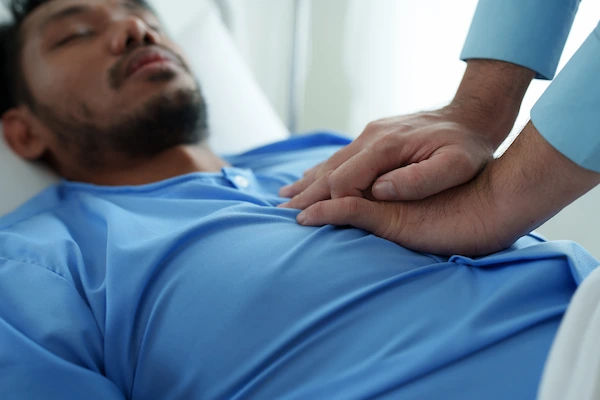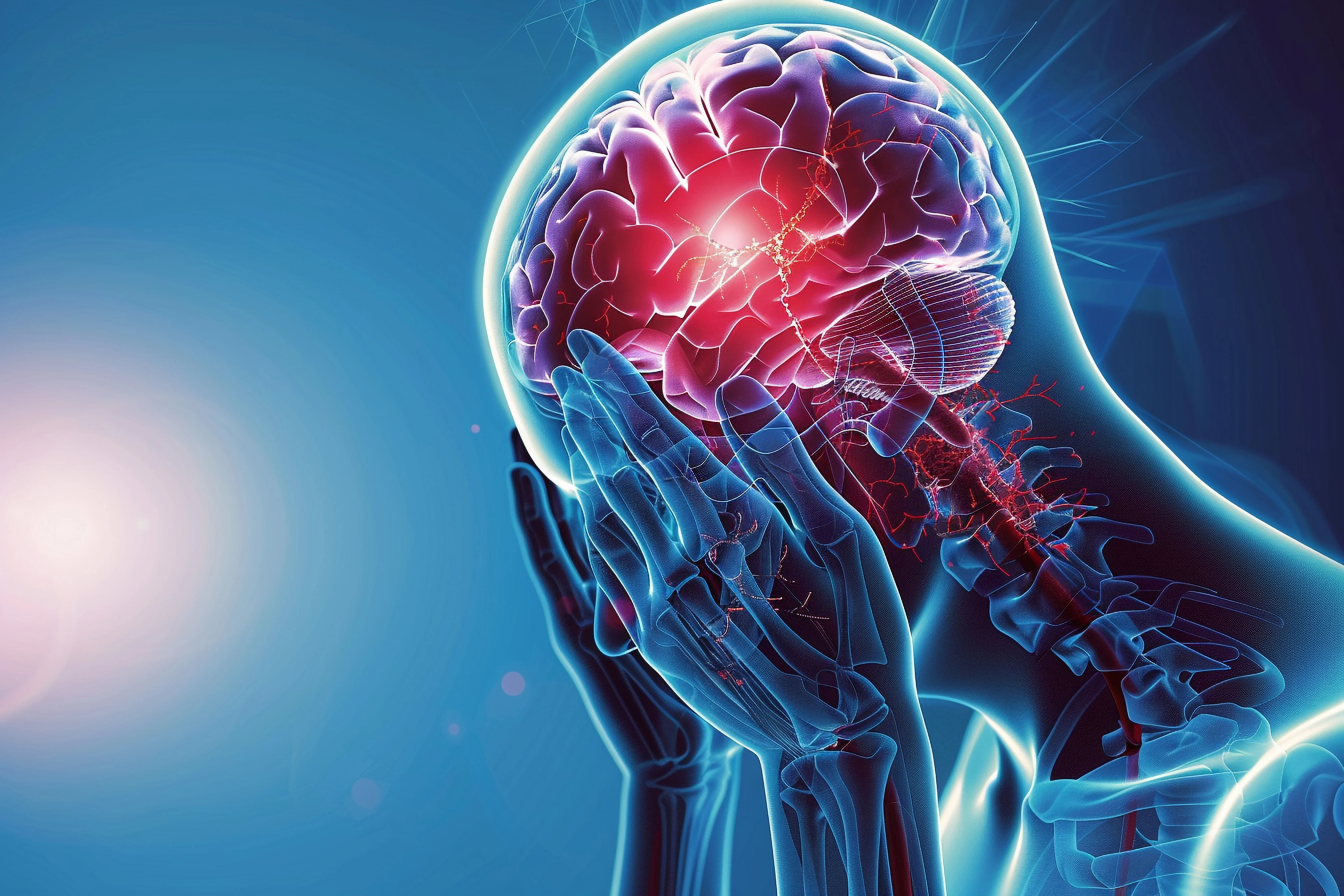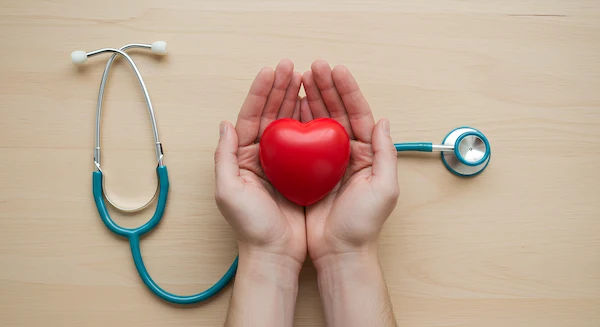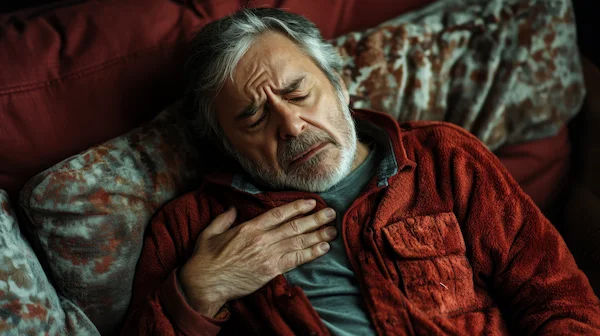Effective Treatment Options for Food Poisoning
Learn effective methods for treating food poisoning, including symptoms, diagnosis, home remedies, medical treatments, and prevention tips.

Written by Dr Sonia Bhatt
Last updated on 13th Jan, 2026
Food poisoning affects millions worldwide, causing significant discomfort in the body. While often avoidable, it requires timely treatment and preventive measures to reduce its impact and promote recovery. Understanding its causes and sources is crucial for selecting the right treatment and prevention strategies.
This comprehensive guide delves into the causes, symptoms, treatment options, and preventive measures for food poisoning.
Understanding Food Poisoning
Food poisoning results when harmful bacteria, viruses or parasites contaminate the food, causing gastrointestinal and systemic symptoms. Common causes include:
- Bacterial Contamination: Salmonella, E. coli (Escherichia coli), Listeria.
- Viral Infections: Norovirus and Rotavirus.
- Parasitic Infections: Giardia and Toxoplasma.
- Toxins: Created by certain bacteria, like Clostridium botulinum.
Common Sources of Contamination
There are many ways for food to become contaminated, including improperly handled produce or undercooked meats. Common sources include:
- Animals and Their Byproducts: Foods can become contaminated by domestic and wild animals, such as cows, sheep, goats, mice, rats and cockroaches, through their faeces, urine, saliva or fur.
- Contaminated Water: Swimming in or consuming untreated water sources can significantly increase the risk of contracting foodborne illnesses.
- Soil and Crops: Soil contaminated with animal waste or irrigation water containing harmful pathogens can pose serious health risks.
- Poor Hygiene Practices: Inadequate hand washing, particularly during food preparation or serving, can transfer faecal matter and other contaminants into food.
- Improper Storage and Tools: Bacterial growth can occur in food stored at improper temperatures or prepared using unclean utensils, such as cutting boards and knives.
Symptoms of Food Poisoning
Food poisoning symptoms can be mild or severe, or a combination of them, based on the contaminant.
Gastrointestinal symptoms include:
- Nausea and vomiting
- Abdominal cramps and pain
- Diarrhoea, sometimes accompanied by blood or mucus
- Systemic symptoms include:
- Fever and chills
- Muscle aches and fatigue
- Electrolyte abnormalities and dehydration
Diagnosis of Food Poisoning
Accurate diagnosis is needed to establish what treatment the individual needs and to prevent complications. Physicians usually begin with a thorough clinical evaluation, including:
- Checking the patient’s medical history
- Assessing duration and symptoms
- Investigating potential sources of contamination
Laboratory tests are conducted to confirm the diagnosis and to pick the pathogen involved. Common tests include:
- Blood Tests: These include complete blood count (CBC) for inflammation and dehydration, serum electrolytes tests for imbalances, and blood cultures for systemic infection in febrile patients.
- Stool Tests: These tests check for pathogens for parasites and also evaluate if there’s inflammation.
- Imaging Studies: Certain cases of foodborne illnesses can be confirmed by abdominal CT (Computed Tomography) scans and sigmoidoscopy.
- The severity and underlying cause of the condition determine the most effective treatment options available.
Get Tested for Food Poisoning
Treatment Options for Food Poisoning
Milder cases can be managed at home with supportive care, which includes:
- Hydration: Oral rehydration salts (ORS) or electrolyte-rich fluids
- Rest: Allowing the body to recover
- Dietary adjustments: Bland foods such as rice, bananas, or toast
- In serious cases, medical intervention must be necessary through:
- Antibiotics: Treat bacterial infections
- Antiparasitic Medications: For parasitic causes
- Intravenous Fluids: Treat severe dehydration
- Antiemetics and Antidiarrheals: To alleviate symptoms
When to Seek Medical Attention?
It’s important to know when to see a healthcare provider to avoid complications. One must seek immediate medical attention when experiencing:
- Significant vomiting or diarrhoea that continues for at least three days
- Fever above 102°F (39°C)
- Signs of severe dehydration, such as dry mouth and reduced urination
- Neurological symptoms like blurred vision or muscle weakness
Certain populations are more vulnerable to food poisoning complications, including:
- Infants and young children
- Pregnant women
- Elderly individuals
- People with weakened immune systems
Preventing Food Poisoning
Adhering to proper food safety protocols can significantly reduce contamination risks. One must follow the guidelines below:
- Washing hands, utensils, and surfaces thoroughly
- Keep raw and cooked foods separately
- Rinsing fruits and vegetables under running water
- Cooking and storing food at appropriate temperatures is essential. Here are a few tips:
- Meat, poultry, and seafood must be cooked to their recommended temperatures.
- Perishable foods must be refrigerated promptly.
- Food should not be left at room temperature for longer than two hours.
Managing Complications from Food Poisoning
If complications arise, prompt management can minimise long-term effects. Dehydration is a common complication that can be potentially serious. Management includes:
- Increasing fluid intake
- Using ORS solutions to replenish electrolytes
- Seeking medical attention for severe cases requiring intravenous hydration
Certain infections can lead to chronic health issues, such as:
- Post-infectious irritable bowel syndrome (PI-IBS)
- Reactive arthritis following bacterial infections
- Kidney damage from E. coli infections (hemolytic uremic syndrome)
Understanding Different Types of Foodborne Pathogens
Different pathogens require varied treatment approaches, making it vital to understand their characteristics.
Bacterial infections are among the most common causes of food poisoning:
- Salmonella: Linked to raw eggs and poultry
- Listeria: Found in unpasteurised dairy and ready-to-eat foods
- E. coli: Associated with undercooked beef and contaminated produce
Viral and parasitic infections also contribute to foodborne illnesses:
- Norovirus: A highly contagious virus that is often transmitted through contaminated food or surfaces
- Giardia: A parasitic infection commonly linked to contaminated water sources
Role of Probiotics in Recovery
Probiotics can play a supportive role in recovery by promoting gut health and restoring microbial balance.
Probiotics offer several advantages during recovery, including:
- Enhancing gut flora to combat harmful pathogens
- Reducing the severity and duration of diarrhoea
- Boosting the immune system
One must incorporate probiotics into the diet through:
- Yoghurt with live active cultures
- Fermented foods like kefir, sauerkraut, and kimchi
- Probiotic supplements, as recommended by a healthcare provider
Conclusion
Food poisoning is a preventable and treatable medical condition. Key considerations include identifying causative agents and symptoms for prompt intervention and implementing safe food handling and cooking practices to mitigate risks.
Preventive measures and early treatment are paramount in reducing food poisoning. By adhering to proper food safety practices and staying informed, individuals can safeguard their health and well-being.
Consult Top General Physicians
Consult Top General Physicians

Dr. Rajib Ghose
General Physician/ Internal Medicine Specialist
25 Years • MBBS
East Midnapore
VIVEKANANDA SEBA SADAN, East Midnapore

Dr. S Vijayaraghavan
General Physician/ Internal Medicine Specialist
31 Years • MD (Gen. Med.)
Chennai
Apollo Speciality Hospitals OMR, Chennai
(175+ Patients)

Dr. Pinaki Mukhopadhyay
General Physician/ Internal Medicine Specialist
32 Years • MBBS
Kolkata
MCR SUPER SPECIALITY POLY CLINIC & PATHOLOGY, Kolkata
(25+ Patients)
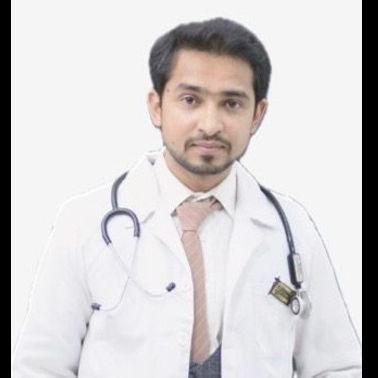
Dr. Imtiyaz Khan
General Physician/ Internal Medicine Specialist
6 Years • MBBS
Bengaluru
Apollo Clinic, Sarjapur Road, Bengaluru

Dr. Tanzeem Shajahan
General Physician/ Internal Medicine Specialist
7 Years • MBBS, MD (General Medicine)
Bengaluru
Medwin multispeciality clinic, Bengaluru

